The Accessibility Institute at Carleton University (formerly READ Initiative) conducted an environmental scan of Canadian post-secondary institutions that provide employment supports for students with disabilities. The scan revealed clear evidence of gaps in post-secondary capacity for services to support the employability needs of students with disabilities.
DCOI 1.0
DCOI 1.0
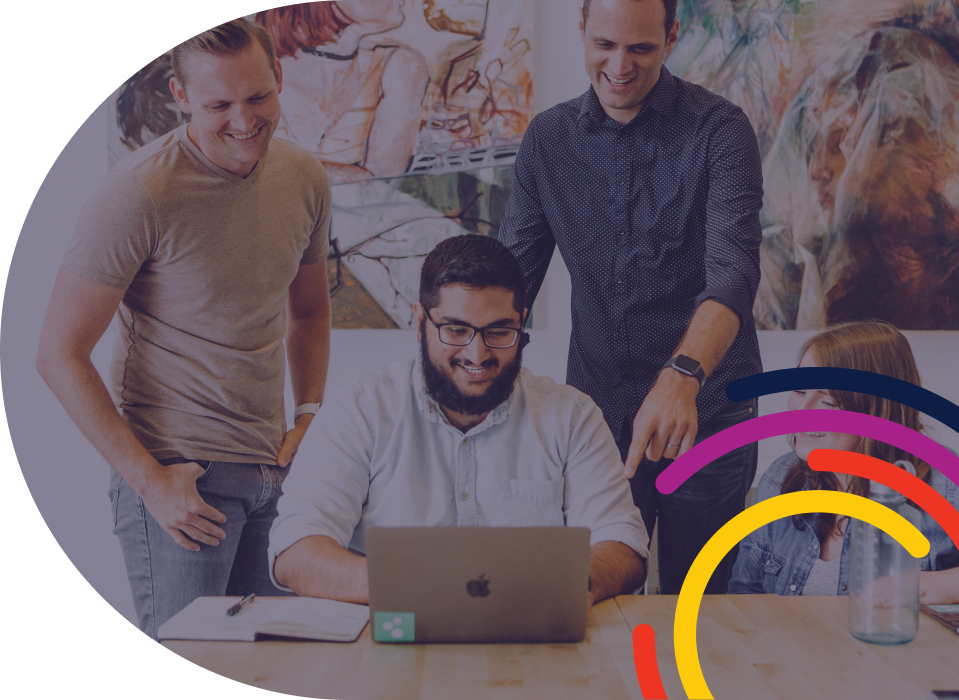
The Accessibility Institute at Carleton University (formerly READ Initiative) conducted an environmental scan of Canadian post-secondary institutions that provide employment supports for students with disabilities. The scan revealed clear evidence of gaps in post-secondary capacity for services to support the employability needs of students with disabilities.
Phase 1 overview
Phase 1 of the DCOI project (DCOI 1.0) was a two-year applied research project that started in June 2018 and ran until early 2020, when it was disrupted by the COVID-19 pandemic. The project was funded through a $5 million grant from the Ontario Ministry of Colleges and Universities (MCU).
DCOI 1.0—led by the Accessibility Institute at Carleton University, and in partnership with the University of Ottawa, Algonquin College, and La Cité—focused its efforts on understanding the full spectrum of factors that influence development of employability for postsecondary students with disabilities.
We immersed team members within each of the partner institutions’ career and accessibility offices, spoke with employers who typically recruit post-secondary students for a variety of work-integrated and experiential learning and new graduate recruitment opportunities, and engaged with community service providers that provide supports to both employers and individuals with disabilities.
Strategic goals
Out of this work, we determined and pursued a series of strategic goals.
1
Increase campus employment supports for students with disabilities to facilitate employment and career success.
In collaboration with our post-secondary partners, we identified opportunities to enhance existing campus employment services and programs, develop new ones to address gaps, and supported research that lead to greater employment success for students and graduates with disabilities, while helping employers make inclusive changes that also benefit their businesses.
2
Be a trusted partner.
We worked with employers, agencies, secondary schools and post-secondary institutions to build knowledge, spread our message, and close the employment gap between students with disabilities and their peers without disabilities.
3
Spread knowledge widely.
We shared our knowledge, resources, research findings, best practices and evidence-based tools with employers and post-secondary institutions throughout the province.
4
Remain relevant.
We created our programs, services, research activities, funding strategies and performance-measurement tools such that they can survive and thrive beyond the life of our initiative.
5
Raise public awareness.
We engaged with employers directly and equipped them with the knowledge and tools to make real changes in their recruitment and hiring practices. We also made it possible for people to gain a greater understanding of the myths and other barriers that prevent students with disabilities from moving down pathways to meaningful employment. We did this through the #AbleTo campaign.
#AbleTo campaign
We knew that to be successful in our applied research, we needed to address cultural biases, fears and perceptions. So we organized and implemented a public campaign to make it possible for people to gain a greater understanding of the myths and barriers that prevent students with disabilities from moving down pathways to employment and career success.
We called this campaign AbleTo. We communicated it through a range of media:
- advertisements on buses and in campus newspapers
- an identifier that people and organizations can use in their email signatures and on job postings
- written and video pledges from a variety of people on how they are taking action to close the employment gap
- print-ready infographics that bust myths, help business owners make workplaces more inclusive, and present the business case for hiring students and graduates with disabilities
DCOI 1.0 Project team
The DCOI 1.0 team operated within the Accessibility Institute at Carleton University. Its members were:
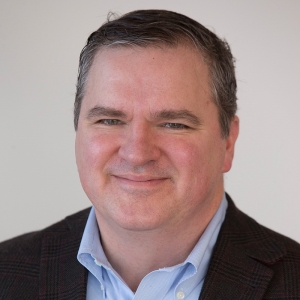
Shawn I. Anthony
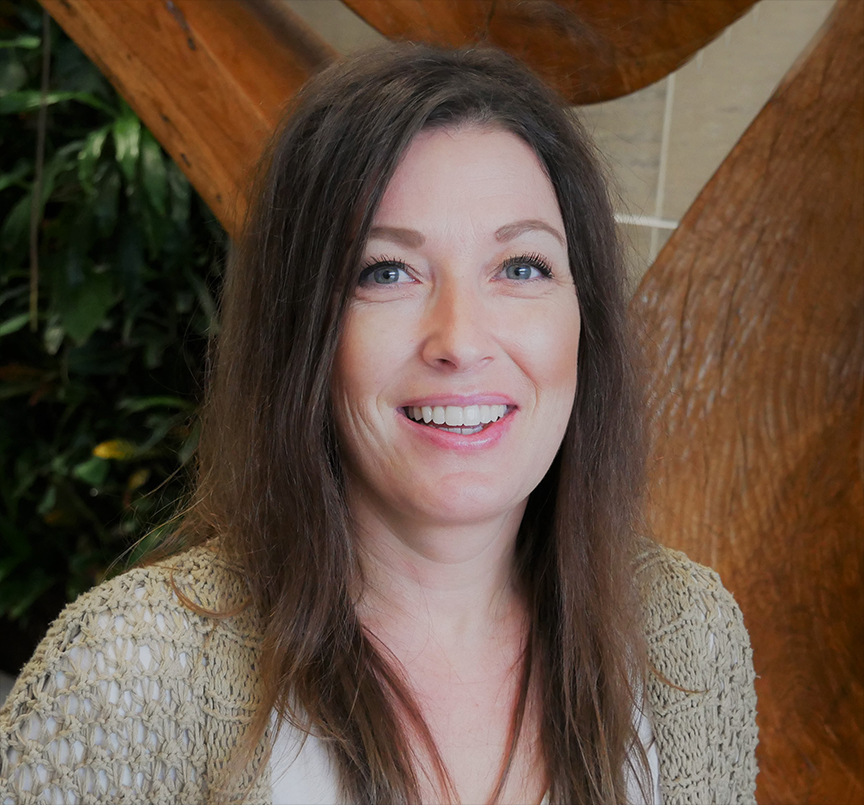
Amanda Barresi
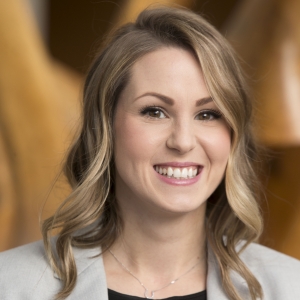
Lindsay Bortot
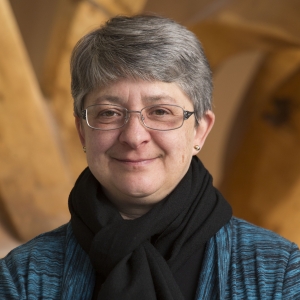
Laura Brawn
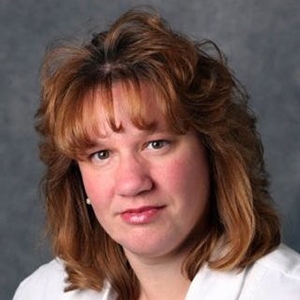
Julie Caldwell
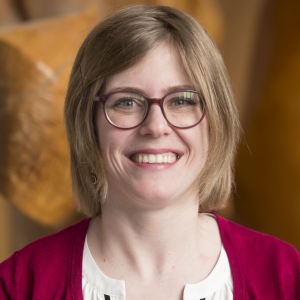
Erica Carson-Sami
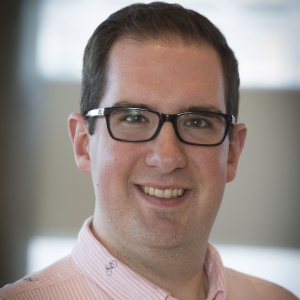
Jeremy Cassidy
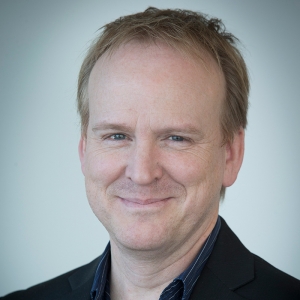
Michael Coady
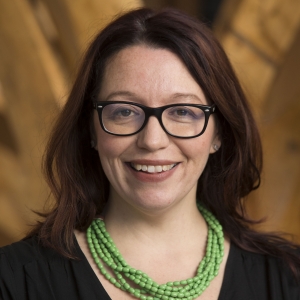
Yvonne Collins
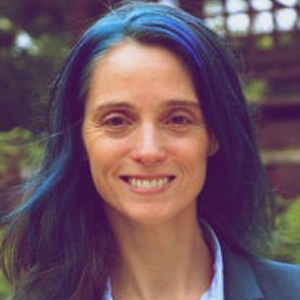
Tara Connolly
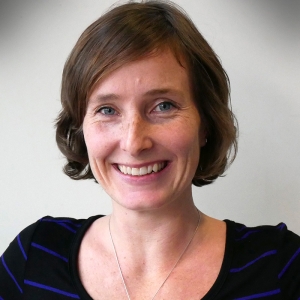
Charlotte Evans
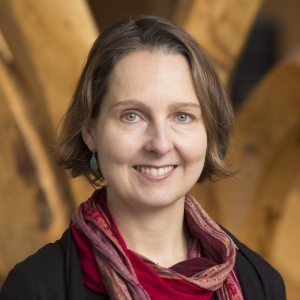
Andrea Gorra
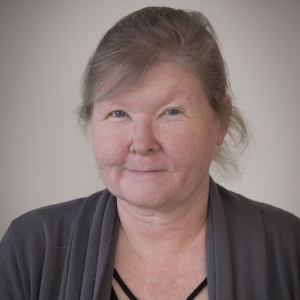
Wendy Hamm

Anastazia Krneta
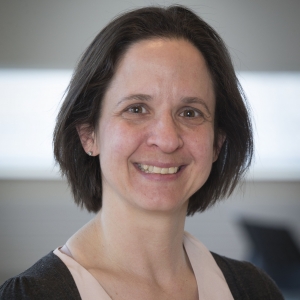
Lorie Laroche
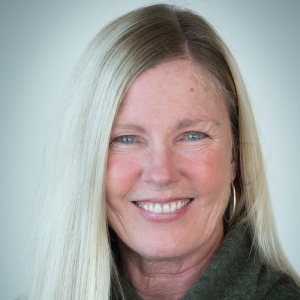
Moira McGrath
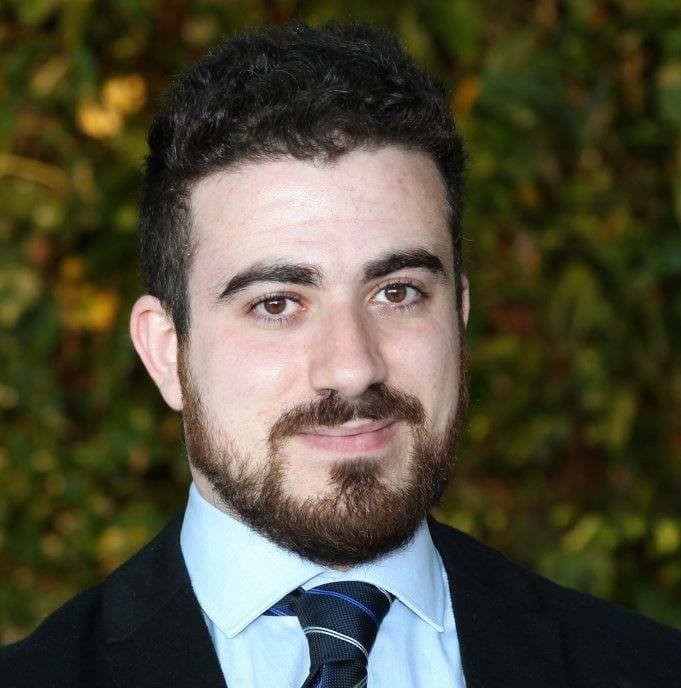
Rawad Mcheimech
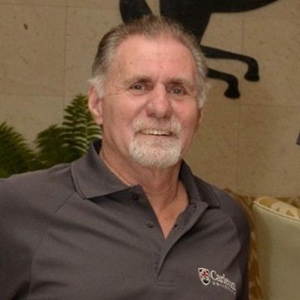
Dean Mellway
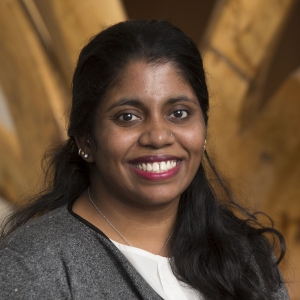
Viginthiny Paramananthan
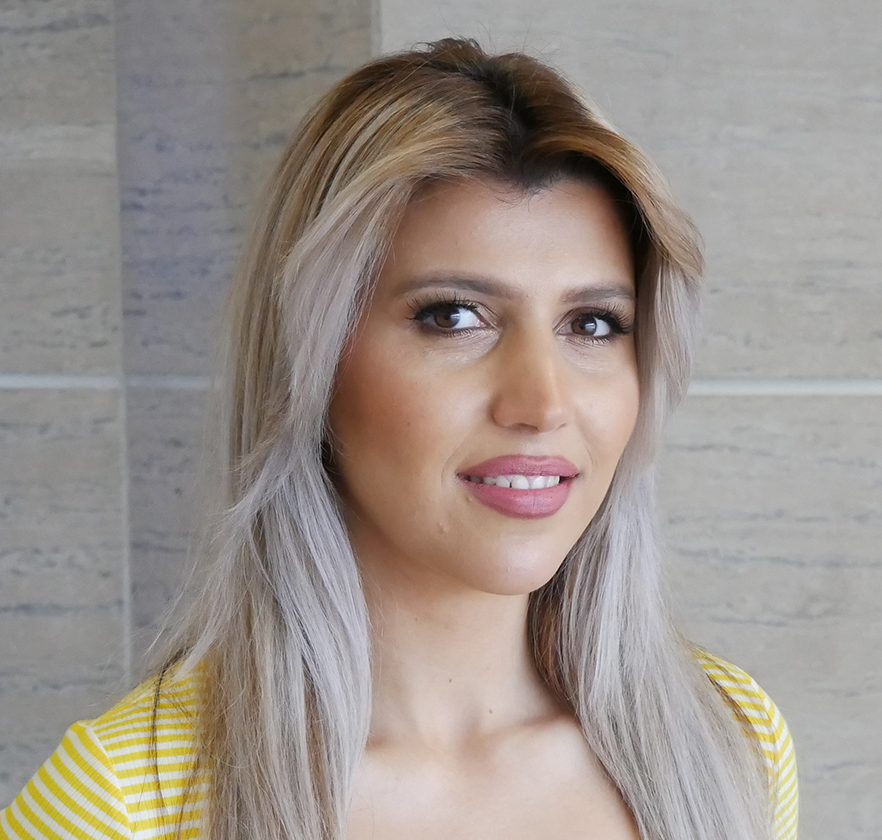
Mirvat Sanaallah
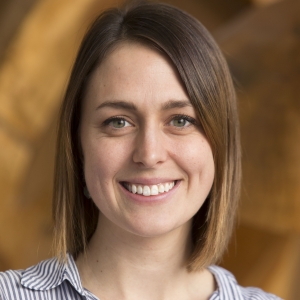
Emma Scammell
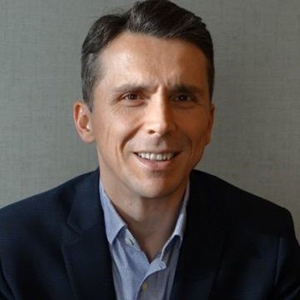
Boris Vukovic
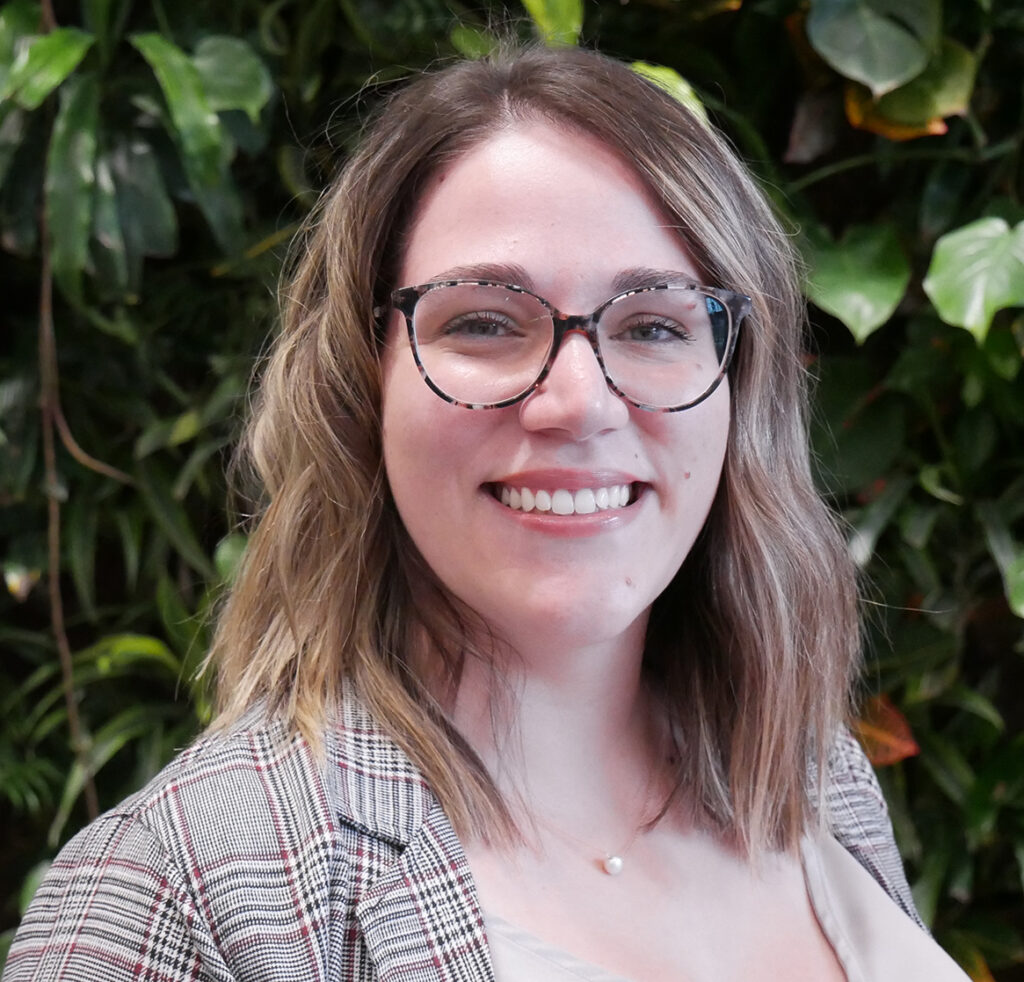
Emily Thompson

Courtney Weaver
DCOI 1.0 Advisory Council
We believe in collaboration. So we set up a committee to make sure the collective voice of post-secondary students and graduates with disabilities, as well as student services professionals from each partner institution, were reflected in our efforts. These are the members of that advisory council:

Jeff Agate, Associate Director

Kristina Johnston

Sara Jordan

Stephane Cote

Jean-Robert Sabourin

Paul Toupin, Directeur

Vincent Beaulieu

Nicole Miller, Assistant Director
Rocio Alvarez

Julie Caldwell

Tara Connolly

Bruce Hamm

Larry McCloskey

Dean Mellway

Courtney Regimbald

Boris Vukovic
Download our report
We wrote a comprehensive report about the first phase of our work from 2018 to 2020. The report sets out our activities, findings, recommendations and future plans.
